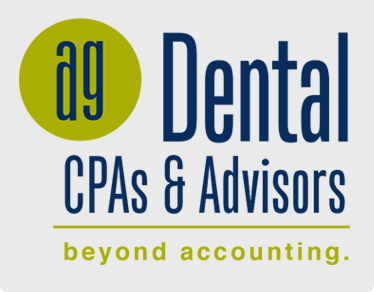
One way to introduce a new team member to the policies in your practice is through 30-60-90 onboarding. This method uses identifiable goals and metrics in order to show new employees how to integrate themselves into your team. You can successfully bring new team members into your practice and set them on the path towards personal and professional growth.
30 Days
An employee’s first thirty days on the job are essential to building relationships. They are also vital to ensuring he or she knows the expectations of their position. Collaborate with new team members on a set of three or more goals that they can work on during their first month. Emphasize that the focus should be on absorbing as much information as possible.
60 Days
After the first thirty days, your new hire should be familiar with your practice’s routine. They should be able to effectively execute the tasks they learned during the first thirty days. At this point, team members should adjust their focus from learning about daily operations to focusing on contributing to the practice’s mission.
90 Days
By ninety days your new team members should be fully integrated into your practice’s workflow and executing their tasks independently. More importantly, they should be able to take the lead on projects and responsibilities without supervision. When problems arise, your new team members will be able to react and solve them while also being proactive in preventing them from happening again.
How Can You Make An Effective 30-60-90 Plan?
The best 30-60-90 plans take an extra step to look beyond numbers. You want your new employee to think critically as they settle into their new role. With that in mind, there are a number of things you can keep in mind as you create a 30-60-90 plan that will lead your employees to great success.
- Emphasize the big picture – Think about why you hired this specific person for this role, whether it be to fill a need in your practice or expand your team. Make sure they plan goals and metrics that reflect your overall priorities.
- Ask and answer questions – Your new hire needs a baseline understanding of the status quo in order to be effective in their new role. Encourage them to ask whatever questions they need to understand their priorities and direction.
- Be flexible – Don’t worry about if your new hire doesn’t grasp things immediately. 90 days is a significant length of time, and there is often an adjustment period. Provide constructive feedback and course-correct as necessary.
With proper planning using the 30-60-90 method, you can introduce new team members to your practice and provide them with a baseline knowledge to help you achieve long-term goals. Consistent contributions from every member of your team are vital to making your practice a success. Contact us today at AG Dental CPAs and Advisors to learn more about what 30-60-90 planning can do for you.
AG Dental CPAs and Advisors
Phone: (225) 767-1020
Url: https://agdentalcpas.com/
6421 Perkins Road, Bldg A, STE 1B
Baton Rouge, LA 70808







